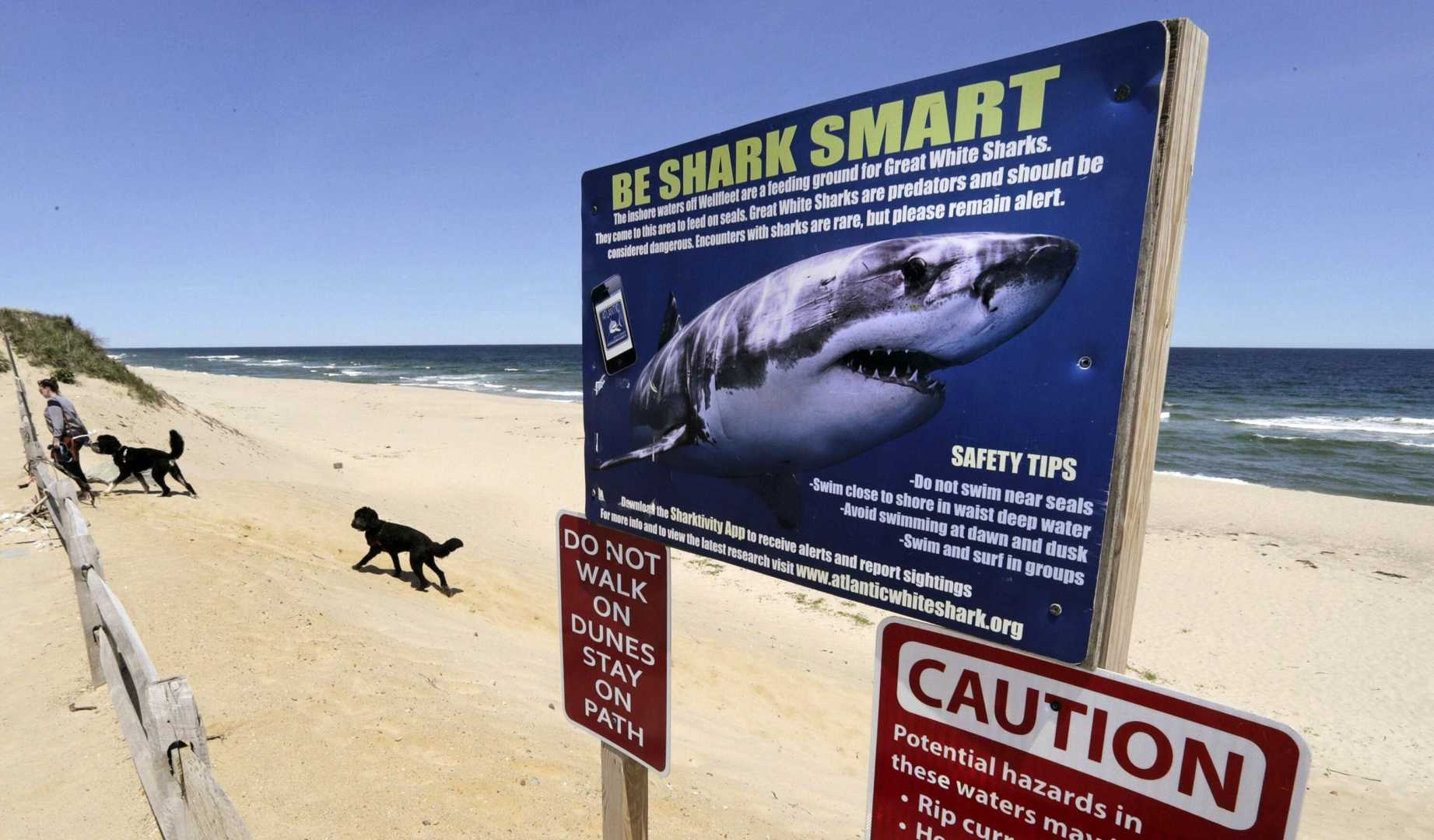News
New Research Unveils Secrets of Great White Sharks on Jaws’ 50th Anniversary

JACKSONVILLE, FL, June 18, 2025 (GLOBE NEWSWIRE) — As the film “Jaws” celebrates its 50th anniversary, OCEARCH, a leading ocean research organization, has unveiled new insights into great white sharks. Over the past two decades, OCEARCH has worked to reveal the mysteries underlying the ocean’s apex predators, particularly in the Western North Atlantic, where the movie’s infamous story took place.
Recent expeditions by OCEARCH led to the tagging of “CONTENDER,” the largest male great white shark ever tagged in this region. This breakthrough helps scientists better understand the migratory patterns, reproductive behaviors, and survival strategies of these intimidating creatures, marking a significant advance in white shark research.
Each tagged shark provides over 24 types of critical data, including genetics and health assessments. This information assists in mapping essential shark habitats and informing future conservation initiatives. “While ‘Jaws’ ignited fascination with great white sharks, OCEARCH is now uncovering their true story,” said Chris Fischer, founder of OCEARCH.
When “Jaws” debuted in 1975, it painted a frightening picture of sharks, contributing to a spike in shark hunting and an increase in shark population declines over the decades. Wendy Benchley, ocean conservationist and spouse of the book’s author, remarked, “The movie gave people the license to kill sharks,” resulting in detrimental impacts on shark populations globally.
Despite the surge in popularity for shark fin soup and a dramatic increase in fishing, recent efforts have managed to reverse some of the damage. Benchley noted that while shark populations have decreased by 71% since 1970, awareness and conservation efforts are slowly bringing about change.
The return of seal populations along the East Coast has also attracted more sharks, a point celebrated by Benchley as a positive environmental development. “Sharks do not like humans. We don’t have enough fat on us. They’d much rather have a seal,” she said.
Today, OCEARCH continues its groundbreaking research, gathering data that will pave the way for enhanced shark conservation efforts. The organization encourages the public to engage with its research through the Global Shark Tracker, making shark movements accessible.
As the legacy of “Jaws” evolves, it serves as a reminder of the importance of understanding and protecting the complex realities of great white sharks and the vital roles they play in our oceans.












